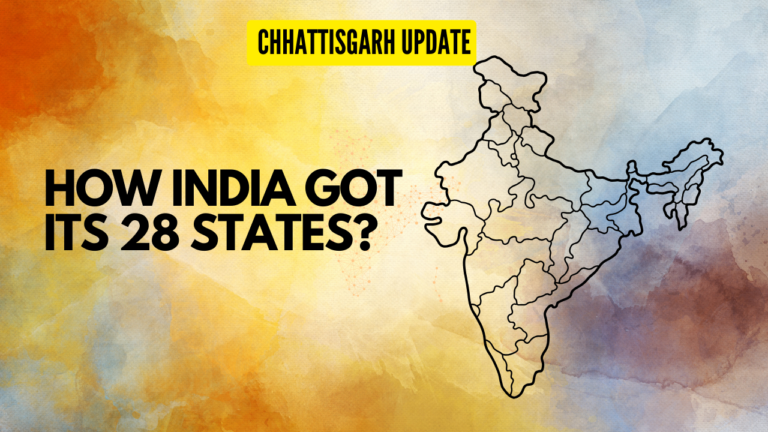
India, being the world’s third-largest fish-producing country and securing the second position in aquaculture production, is poised to further strengthen its fisheries sector. While fisheries fall under the jurisdiction of states according to the Seventh Schedule of the Constitution, the management of fishing and fisheries beyond territorial waters rests with the Union. Despite this, there is presently no comprehensive legislation governing marine fisheries in the Exclusive Economic Zone (EEZ) beyond 12 nautical miles.
Proposed Indian Marine Fisheries Bill:
In a significant move towards sustainable development, the government has proposed the Indian Marine Fisheries Bill. This legislation aims to regulate and manage marine fisheries in the EEZ, addressing the existing policy and legislative vacuum.
Key Policy Suggestions for Sustainable Management:
-
Introduction of Central Legislation: Proposing the Marine Fishery Act to regulate fishing beyond territorial waters, thereby filling the policy and legislative void.
-
Regular Stock Assessments: Institutionalizing regular stock assessments of marine fishery resources (MFR) to ensure informed decision-making and sustainable utilization.
-
National Guidelines on Eco-labeling: Establishing national guidelines on eco-labeling of MFR to promote sustainable and responsible fishing practices.
-
Implementation of Frontier Technologies: Harnessing modern technologies like Artificial Intelligence for tracking fishing vessels through Vessel Monitoring Systems to enhance monitoring and enforcement capabilities.
Government Initiatives to Harness Fisheries Potential:
-
Pradhan Mantri Matsya Sampada Yojana (PMMSY) 2020: A comprehensive scheme aimed at boosting fisheries and aquaculture, promoting responsible practices and ensuring the well-being of fishing communities.
-
National Policy on Marine Fisheries Policy (NPMF) 2017: Envisions a ‘blue revolution’ through sustainable utilization of marine fishery resources, aligning with the nation’s commitment to responsible and eco-friendly fishing.
-
Fisheries and Aquaculture Infrastructure Development Fund (FIDF), 2015: Dedicated to creating essential infrastructure for the fisheries sector, enhancing production capacity, and fostering sustainable growth.
ICAR and CMFRI: Pioneering Research and Education in Agriculture:
The Central Marine Fisheries Research Institute (CMFRI), established in 1947, operates under the Indian Council of Agricultural Research (ICAR). ICAR, an autonomous organization under the Ministry of Agriculture and Farmers Welfare, plays a pivotal role in coordinating, guiding, and managing research and education in agriculture.
Conclusion:
India’s focus on sustainable marine fisheries management is evident through the proposed Indian Marine Fisheries Bill and a series of initiatives like PMMSY, NPMF, and FIDF. With an emphasis on technology adoption, responsible practices, and infrastructure development, India aims to secure its position as a global leader in fisheries while ensuring the well-being of its coastal communities. Stay updated on India’s journey towards sustainable fisheries at www.chhattisgarhupdate.com.






